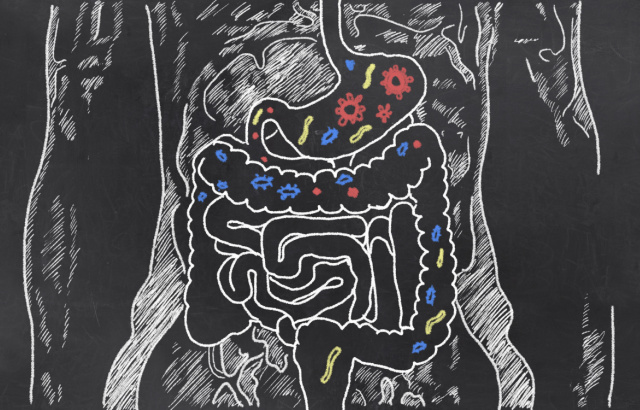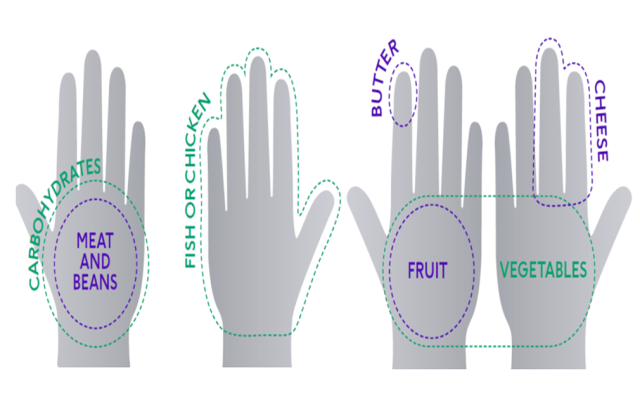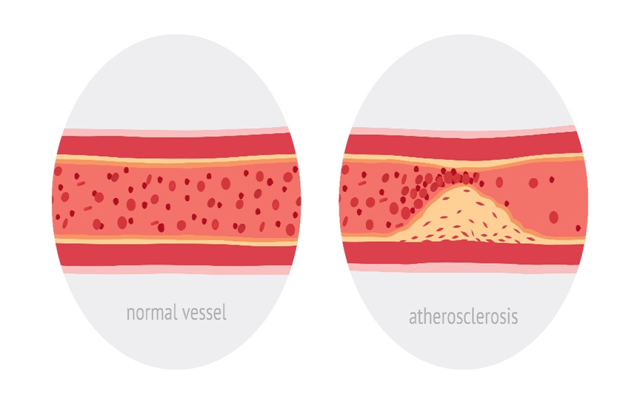

A healthy diet can reduce your risk of developing coronary heart disease, improve your gut health and stop you gaining weight, reducing your risk of diabetes and high blood pressure.
Tracy Parker, our Heart Health Dietitian provided some useful tips on how to improve your diet and gut health in our January Live & Ticking event.

“The key is making simple changes to our diets that last a long time. There’s lots of easy ways we can improve our diet with just small food swaps rather than drastic diet changes”, Tracy explained.
Focusing on the fibre in your diet is a good first step to making some healthy changes. Simple swaps like wholegrain bread, wholegrain pasta, as well as having beans, chickpeas or lentils can improve your diet. Varying your protein, replacing some meat with oily fish, beans, and soy mince, or even enjoying a vegetarian meal each week, can lower the fat in your diet. It’s also important to choose healthy fats, swapping butter for oils like rapeseed or vegetable. Everyone should be trying to eat at least 5 portions of fruit and vegetables each day - fresh, frozen or tinned all count. You should also consider portion size. You can visualise this by looking at your hand and looking at the size of the portion going on your plate. You should be eating fish and chicken that is the size of your hand, and your fruit and vegetable portions should be the size of your palm.

Colour coded labels on the front of packs can also help you to choose between foods and pick those that are lower in calories, fat, saturated fat, sugar, and salt. Keep an eye out for these when you’re food shopping and try to stick to good habits. “There is no risk to eating well, just plenty of benefits. And it’s something you can change today. Building good habits and making small changes can last a lifetime,” says Tracy.
How does your gut affect your heart?
BHF researcher Dr Meritxell Nus at the University of Cambridge is an expert on how your diet affects your risk of heart and circulatory disease, and in particular how a high-cholesterol diet could cause changes to the way some of the cells in your immune system behave.
Her team is being funded by us to explore whether some forms of gut bacteria could protect us from developing atherosclerosis (hardening of the arteries), which can lead to heart attacks and symptoms of coronary heart disease.

“Just like us, immune cells need nutrients, and our immune cells rely on the food we eat. I have been studying how having a poor fat poor diet could be affecting immune cells and the development of atherosclerosis”, Dr Nus says.
Several studies have shown a link between gut microbiota and atherosclerosis, heart attacks, high blood pressure and diabetes. There is also lots of research showing that the microbiota is influenced by diet, and that a more diverse microbiota could be linked to better health. But further research is needed to prove the cause and effect.


